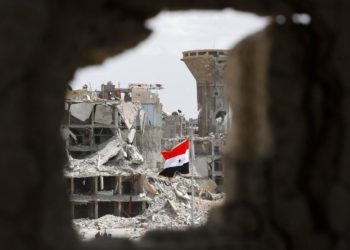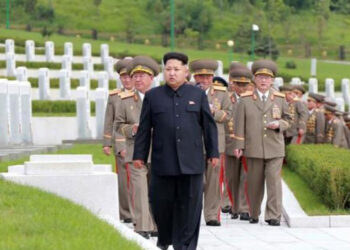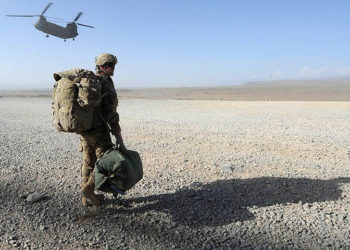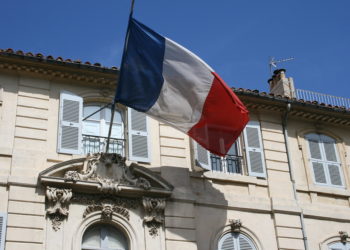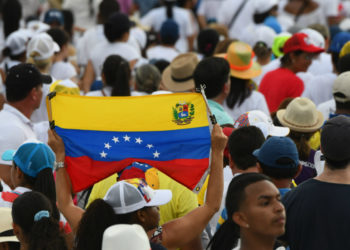Ankara’s recent unsettling record of diplomatic relations abroad relapsed into a fresh row with United Nations’ legal body, with the U.N. referring Turkey to the Security Council over the detention of an international judge.
Turkey’s non-compliance with an earlier UN order to release judge Aydin Sefa Akay, who was detained last year as part of the post-coup crackdown, precipitated a simmering crisis.
Mr. Akay, a judge on the Mechanism for the International Criminal Tribunals (MICT), had been overseeing a legal proceeding related to the case of a Rwandan genocide convict and had been about to hear a request to reopen the case.
His arrest by Turkish authorities has left the U.N. body in a legal limbo, and UN officials are unable to proceed with the request in the absence of Mr. Akay. In January, MICT set Feb. 14 as a deadline for Turkey to release judge Akay and drop all legal charges against him, citing his diplomatic immunity.
A flurry of calls and mounting international criticism have yielded no progress as the Turkish officials remain unfazed on the matter, and are adamant to keep the judge in jail.
“Turkey’s non-compliant materially impedes the Appeals Chamber’s consideration of merits of this case and threatens the independence of the Mechanism’s judiciary,” court head Theodor Meron said in a ruling on Monday.
With Turkey’s refusal of calls, the matter will now be discussed by the Security Council. It is unclear what kind of action or measure the Security Council would take, but it can pressure Turkey through diplomatic channels, or imposing sanctions.
Lawyers of Augustin Ngirabatware, former Rwandan minister of planning who was currently serving a 30-year prison sentence for his role in the Rwandan genocide, appealed the verdict and pushed for a review of the case.
Mr. Ngirabatware believes the new evidence will help secure his release, but proceedings are currently frozen as Mr. Akay is unable to evaluate new findings.
The cause of Mr. Akay’s arrest, the Turkish media reported, was having a messaging application on his phone. It is difficult to verify claims of the Turkish officials who sent tens of thousands of people over downloading a smartphone app, which they say used by sympathizers of Turkish cleric Fethullah Gulen.
The Turkish government ascribes blame on Mr. Gulen and his followers for the attempted coup, which claimed lives of 240 and wounded more than 2,000 last July. The failed putsch produced a still lasting political and social tumult, generating purge waves that decimated Turkey’s civil service and bureaucracy.
Turkey’s post-coup crackdown on opponents and coup plotters, real or imagined, has had ramifications and reverberations for Ankara’s diplomatic relations with allies. The Turkish government has no scruples and concern over outside reaction over its treatment of domestic political rivals and clampdown on media.
The latest episode over detained judge raises the specter of clash with the Security Council, but it remains unclear whether it would have any impact on the behavior of the Turkish leadership. For President Recep Tayyip Erdogan, an uncanny master of converting any crisis to windfall for political triumphs, a looming problem with the U.N. may be another blessing for his domestic constituency.
The area of foreign policy is no bed of roses, but the way Turkey handles its diplomatic relations with allies or rivals in the region and elsewhere further undercuts the country’s standing abroad, sparking potentially damaging conflicts. The currents that run deep in the Turkish political culture defined the confrontational style in diplomacy, in which decision-makers had little regard for prudence and caution.
Last week, Turkey plunged into fresh rows with Germany, Austria and the Netherlands, leaving its allies groping for the best way to communicate with Ankara.
********
This article was possible thanks to your donations. Please keep supporting us here.



